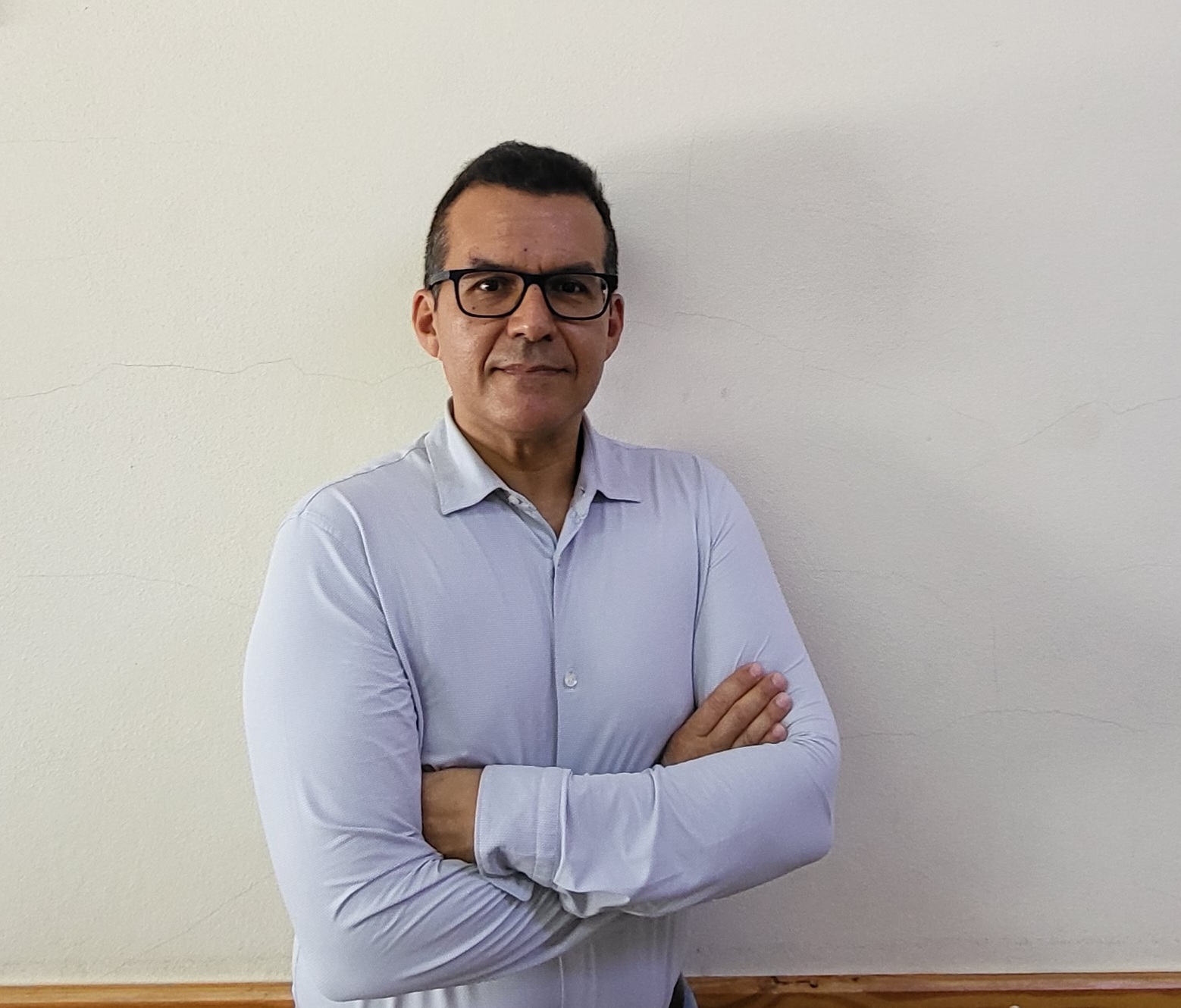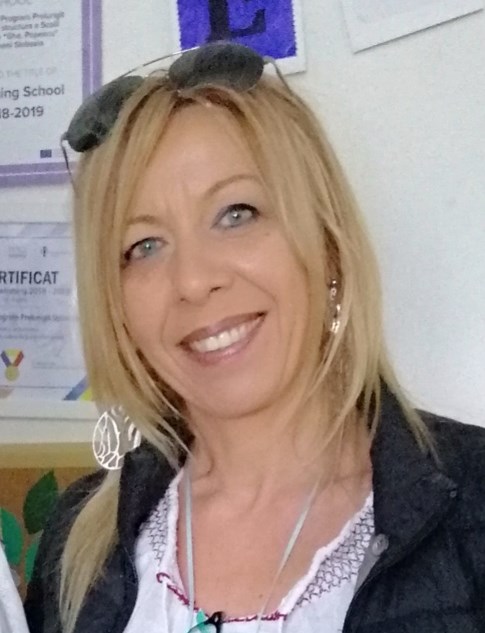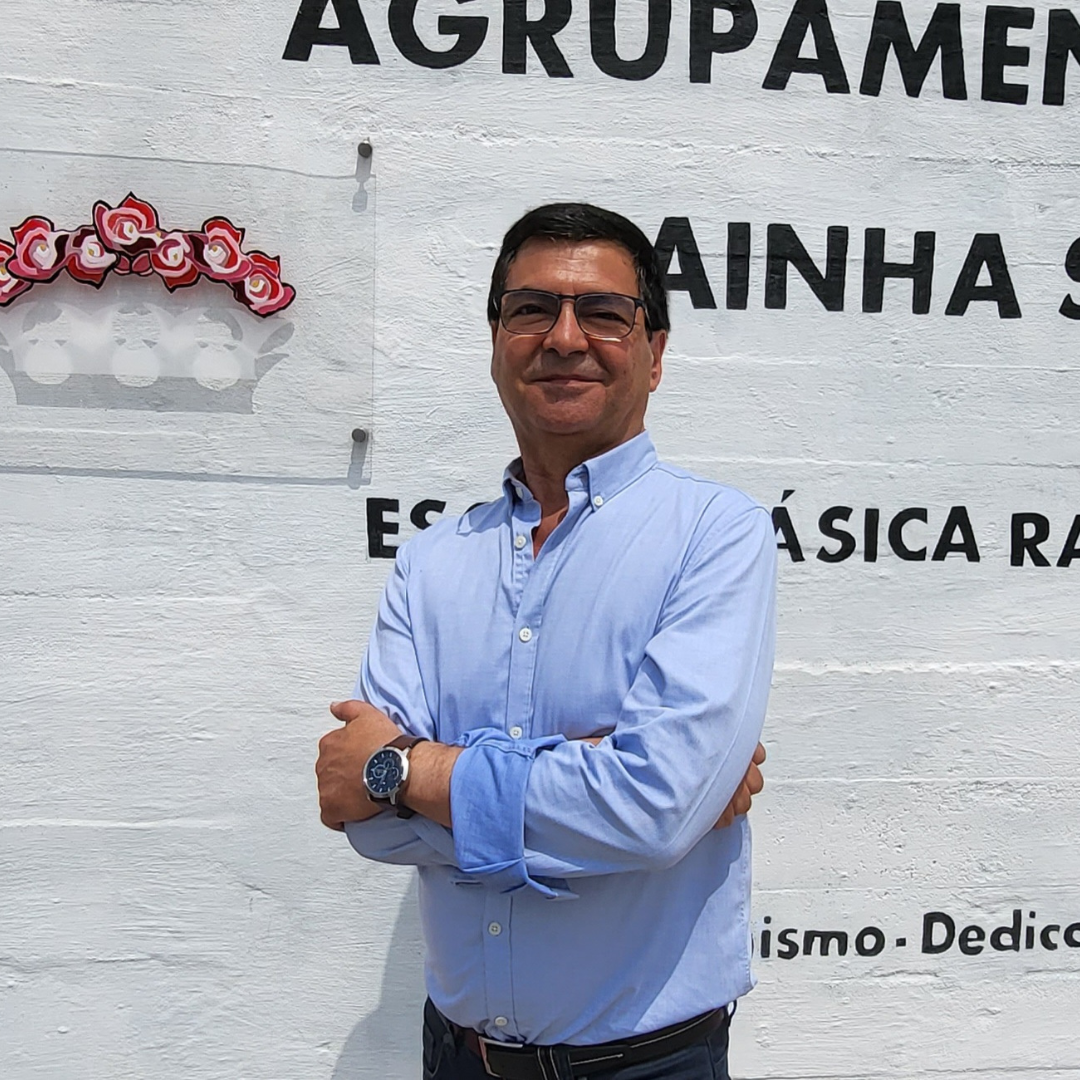Este sitio web utiliza cookies y/o tecnologías similares que almacenan y recuperan información cuando navegas. En general, estas tecnologías pueden servir para finalidades muy diversas, como, por ejemplo, reconocerte como usuario, obtener información sobre tus hábitos de navegación, o personalizar la forma en que se muestra el contenido. Los usos concretos que hacemos de estas tecnologías se describen a continuación.
Cookies técnicas: son aquellas que permiten al usuario la navegación a través de una página web, plataforma o aplicación y la utilización de las diferentes opciones o servicios que en ella existan, incluyendo aquellas que el editor utiliza para permitir la gestión y operativa de la página web y habilitar sus funciones y servicios, contar visitas a efectos de la facturación de licencias del software con el que funciona el servicio (sitio web, plataforma o aplicación), utilizar elementos de seguridad durante la navegación, almacenar contenidos para la difusión de vídeos o sonido, habilitar contenidos dinámicos o compartir contenidos a través de redes sociales, entre otras.
Cookies de preferencias o personalización: son aquellas que permiten recordar información para que el usuario acceda al servicio con determinadas características que pueden diferenciar su experiencia de la de otros usuarios.: son aquellas que permiten recordar información para que el usuario acceda al servicio con determinadas características que pueden diferenciar su experiencia de la de otros usuarios.
¡Por favor, activa primero las cookies estrictamente necesarias para que podamos guardar tus preferencias!
Cookies de análisis o medición: son aquellas que permiten al responsable de las mismas el seguimiento y análisis del comportamiento de los usuarios de los sitios web a los que están vinculadas, incluida la cuantificación de los impactos de los anuncios. La información recogida mediante este tipo de cookies se utiliza en la medición de la actividad de los sitios web, aplicación o plataforma, con el fin de introducir mejoras en función del análisis de los datos de uso que hacen los usuarios del servicio.
¡Por favor, activa primero las cookies estrictamente necesarias para que podamos guardar tus preferencias!
Cookies de publicidad comportamental: son aquellas que almacenan información del comportamiento de los usuarios obtenida a través de la observación continuada de sus hábitos de navegación, lo que permite desarrollar un perfil específico para mostrar publicidad en función del mismo.




